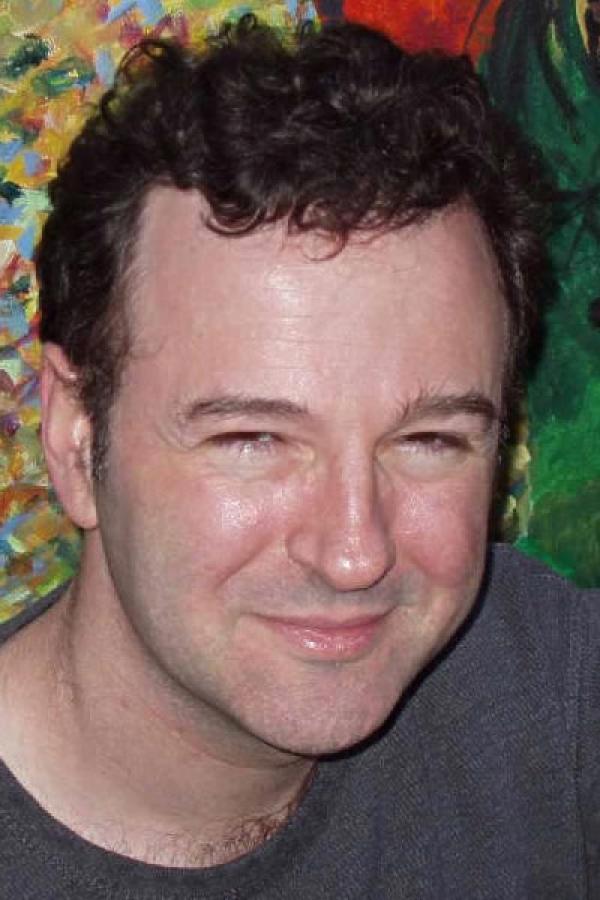Tony Barnstone

Photo by Dr. Caroline Heldman
Bio
Tony Barnstone, a professor of English at Whittier College, is the author of two books of poetry, Sad Jazz: Sonnets and Impure: Poems, and of a chapbook of poems, Naked Magic. He has edited and translated several books of Chinese poetry and prose, including The Anchor Book of Chinese Poetry, Out of the Howling Storm: The New Chinese Poetry, Laughing Lost in the Mountains: Selected Poems of Wang Wei, and The Art of Writing: Teachings of the Chinese Masters. His Chinese Erotic Poetry is forthcoming in 2008. His manuscript of poems, Lips Like Rubies, Teeth Like Whatever, won the 2006 Benjamin Saltman Award.
Author's Statement
For the past eleven years, I have been researching war letters, diaries, histories, oral histories, and interviews with soldiers, scientists, politicians, prisoners of war, comfort women, and citizen survivors of the War in the Pacific. From these sources, I have written poems that try to bring alive the experiences of the individual participants in all their variety, limitations, and complication -- showing their anger, their mutual racial hatred and fear, their suffering, and their attempts to make peace with events of unspeakable horror. I see this sequence as a love letter to the WWII generation. It doesn't gloss over the war profiteering, the execution of prisoners, the torture, the massacres of civilians, the rape and the sex slavery, but rather seeks a broad understanding of the pressures and the perspectives of those who lived through this extraordinary period. The discourse of hero and villain elides our common humanity. According to Japanese aesthetics, the object is of most interest before or after the climax (the flower bud, not its full bloom), whereas in the West we tend to emphasize epiphany. The man who was a hero at Iwo Jima was a scared teenager who beat up his younger brother and who came home and fought his memories and alcoholism. The villain who massacred civilians was beaten by his stepfather and spent years trying simultaneously to hide and to atone for his past. Our lives are a moral continuum, not something to be judged by our best and worst moments. Tongue of War is the story of the War in the Pacific told from the worm's eye view, and it is a story that I hope will help my readers better understand our common humanity.
"The Forge"
And when I surfaced topside from the dark
the air was red as if the world were rusting.
The zeros swooped around us in a ring
of fire, and smoke was blossoming, hot sparks
were shooting, fuel oil poured out on the water
and like a metal pot stuck in the center
on a gas stove, we cooked. I'll tell you square,
I lost it, on my knees like at an altar,
till all the beaten metal made dream music.
I almost died, but smoke sharp in my nose,
heat on my face, woke me. And through the clatter
inside my head I dove, swam from the rows
of ships, then turned and watched flames swell and flick.
I watched as that punk Death worked at the bellows.
(Seaman, USS Arizona, Pearl Harbor)

